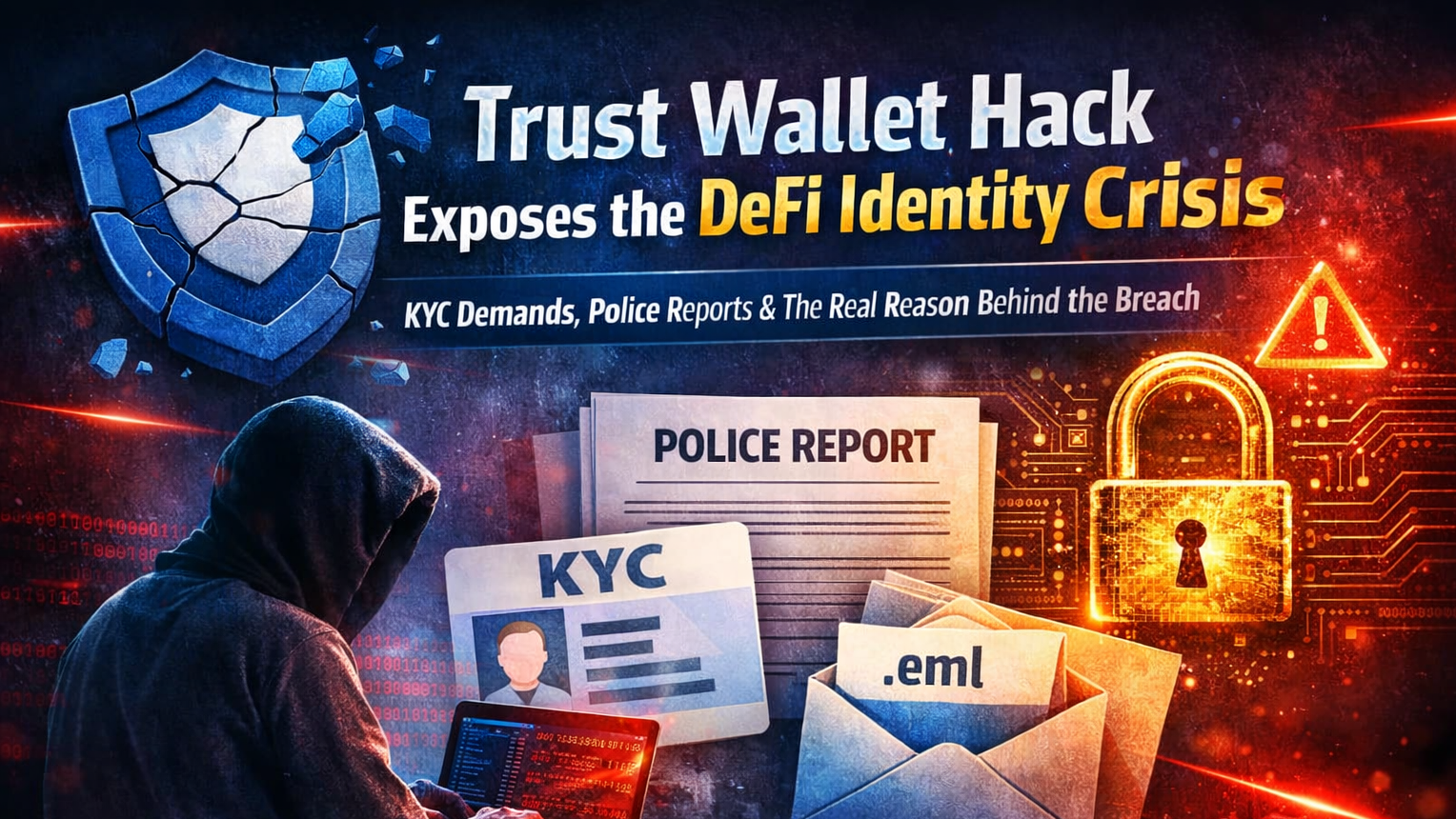

In 2025, NFTs will be transferred from collective to practical digital devices with real-world applications. Instead of focusing only on ownership, developers and users now prioritize utility and long-term value. This is a major change from earlier years when speculation dominated the market.
Many creators now design NFTs that work beyond the cases of single-use. For instance, NFTs are being used to offer access to digital events, identity verification, and unlock premium features in the gaming ecosystem. These applications are simply attracting users who are not interested in digital collectible items. By merging the function with ownership, NFT trends 2025 are creating a way for permanent development rather than short-term promotion.
AI is rebuilt by making the future the NFT -more interactive, safe, and intelligent. Dynamic NFTs are the largest progression – symbols that develop according to user behavior, external data, or preset triggers.
AI also plays an important role in security and authenticity. Advanced algorithms can now analyze blockchain data. This way, they can detect fake tokens, prevent them from spreading, reduce scams, and improve trust among users and investors.
Apart from safety, AI NFTs help to personalize the experience related to ownership. For example, AI-powered recommendations let the platform suggest NFTs that suit users’ interests, making a solid bond between the creators and buyers. With the help of utility and adding depth to the token, innovation strengthens the NFT market forecast.
Gaming has become one of the biggest drivers of NFTs in 2025. Gaming offers NFT players the ownership of their digital assets, unlike traditional in-game purchases. Whether it is weapons, skins, or digital land, these items can be stored, sold, and transferred without any restrictions, adding long-term value to players.
As per reports, the gaming NFT market, priced at 4.8 billion in 2024, is expected to exceed $ 44 billion by 2034. This explosive growth has been driven by increased demand for compatibility across platforms. Individuals now want assets in the game that work in many games or virtual rooms.
Game developers are integrating NFTs that maintain their value outside the original platform, ensuring widespread adoption and engagement.

Metaverse ecosystems have evolved as another important player in adopting NFTs. With the help of these virtual rooms, users can interact, socialize, and act using NFTs for land, avatar, or event pass. Industry reports indicate that NFT sales in Metaverse-related projects reached $ 8.2 billion globally in the 1st quarter of 2025, which demonstrated their explosive growth.
Metaverse has the ability to combine digital and real economies, making it unique. For instance, users can buy virtual real estate, manufacture it on, and sell it for profit – all through NFT. Creators and brands are also searching for the metaverse platforms to host digital events, concerts, and exhibitions, running further engagement.
These trends suggest that NFT trends 2025 are no longer about single-purpose assets, but about creating entire digital economies where ownership and interaction are found.
Companies use NFTs as a tool for safety, commitment, and identity confirmation. Companies in 2025 use it for tickets, loyalty rewards, and certification of products. For example, an NFT can serve as evidence of purchase for limited-edition merchandise or exclusive membership access to premium services.
NFT supply chain operations are also streamlined. Companies can track goods from production to delivery by using NFT-linked identifiers. This leads to reducing fraud and increasing transparency. These enterprise-centered applications are in the form of NFTs as a practical solution, which is away from speculative trends.
Since business continues to search for innovative applications, they make new demands and equally strengthen the future of NFTs as functional tools for consumers and organizations.
Investors focus on NFTs with real benefit rather than quick speculative publicity. In 2025, the market looks at a change to a token property related to games, metaverse experiences, and business solutions. These areas promise better returns in the long term than standalone art-based NFTs.
For example, some investors prefer NFTS that generate passive income, such as gaming values that brands earn by renting prizes or metaverse properties. Others invest in AI-operated NFTs that are able to develop and unlock new features over time. By focusing on symbols with permanent use cases, investors contribute to a healthy NFT market forecast and ensure that development comes from value construction rather than short-term speculation.
Although the NFT market continues to expand, more challenges can shape the growth rate in 2025 and beyond. A significant barrier is the scalability of networks. When the transaction volumes rise, some blockchains struggle to treat transfers quickly and cost-effectively. During peak trading times, for example, gasoline tax on popular blockchain’s wave can be 40-60%, making NFT purchases less appealing.
Market overrating is becoming an increasing concern. Thousands of low-quality NFT projects launched in 2024 were unable to deliver value, which caused buyer skepticism. In response, creators and platforms are now focusing on NFTs with real tools, such as gaming values, metaverse Properties, and Business applications, to rebuild the user’s trust and strengthen the future of NFTs.
To conclude, the NFTs sector is moving towards a more value-driven ecosystem in 2025. Rather than focusing only on the virtual collectibles, there is a growth in gaming NFTs, metaverse economies, and AI-powered tokens. These innovations are changing how people interact with digital ownership and redefining what makes an NFT valuable.
For creators, investors, and brands, it is important to understand the latest NFT trends 2025 to stay ahead. The industry’s next phase will depend on innovation, benefit, and stronger community engagement. Those who focus on NFTs with cases in the real world and long-term potential are likely to see the most benefits as adoption continues to increase.
Enter your email → Get instant download.
